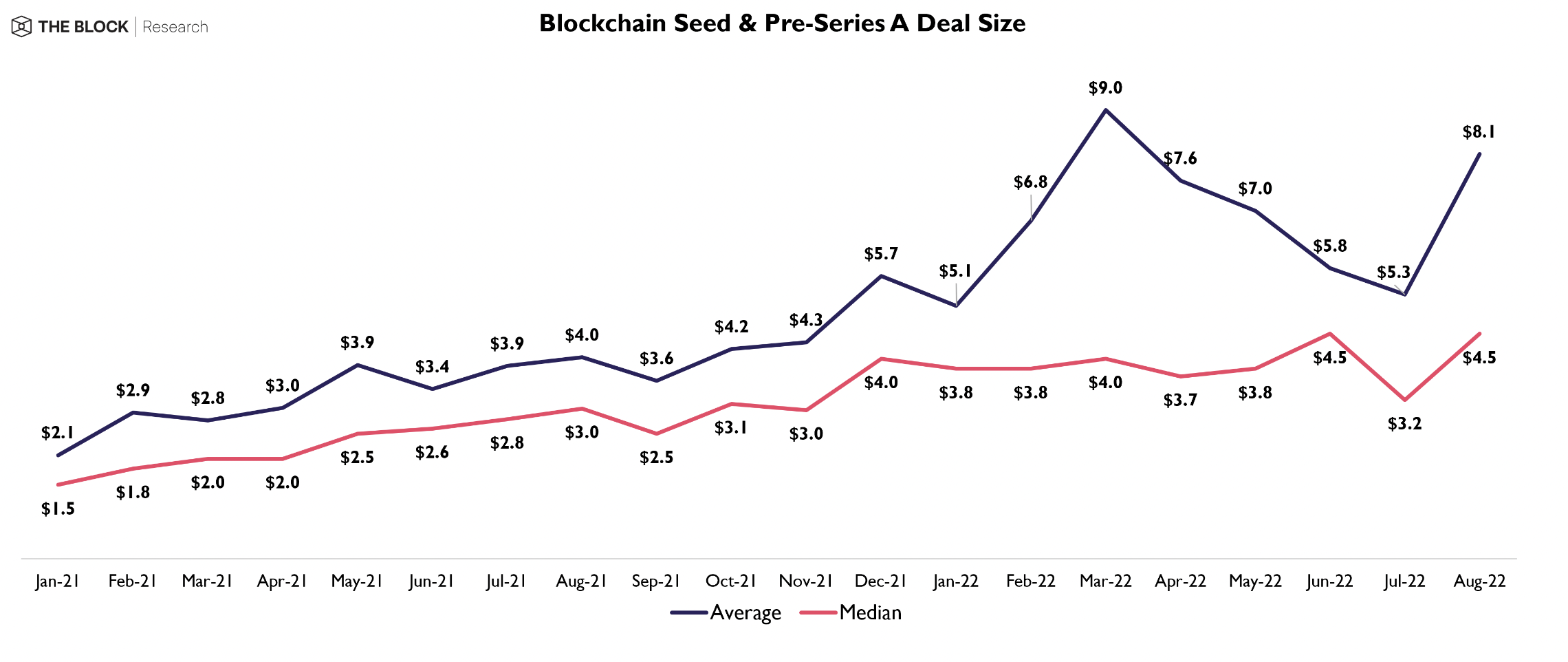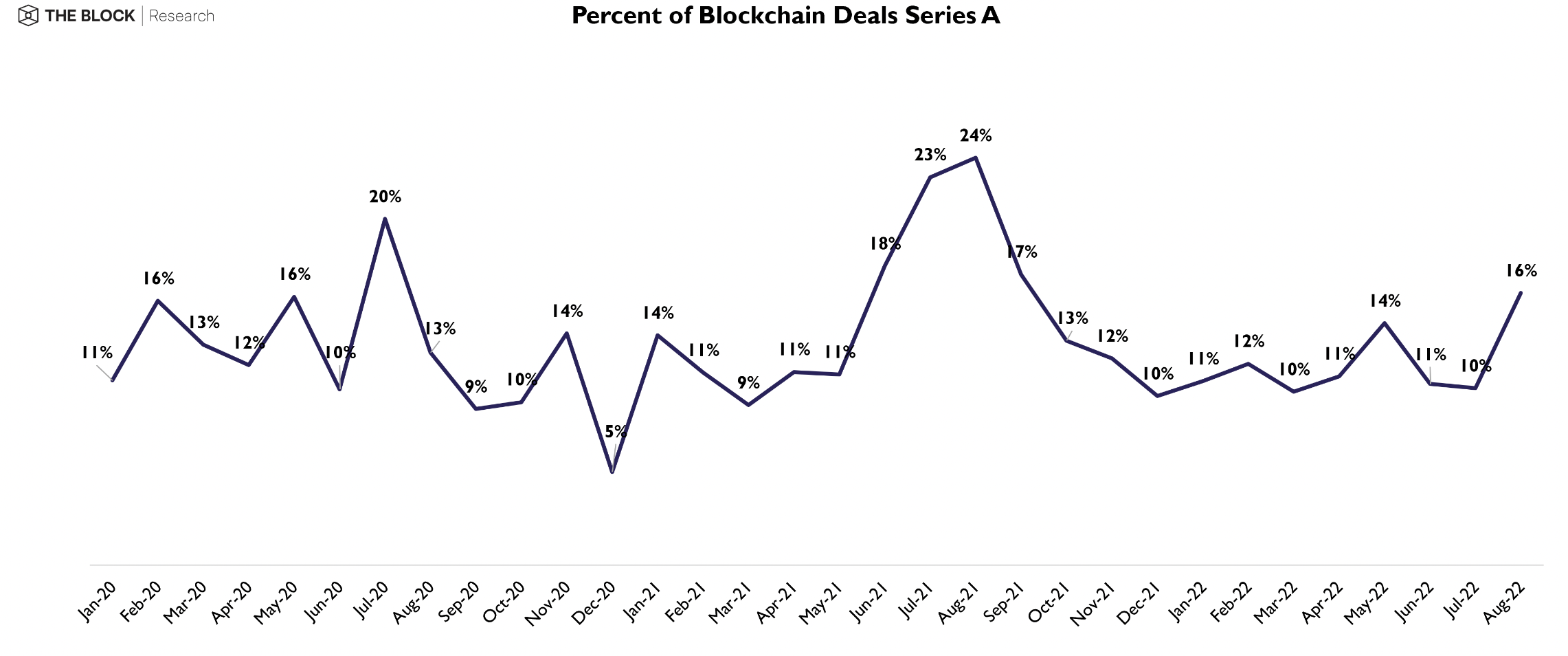Web3 data warehousing platform Space and Time raised $20 million in a strategic funding round led by M12, the venture arm of the startup’s new partner Microsoft.
Other backers in the round include Framework Ventures, Polygon, Coin DCX and Hash Capital, according to an announcement on Tuesday.
The new raise comes hot on the heels of a $10 million seed round announced in July of this year. The team started interacting with Microsoft and M12 during the seed raise, said Nate Holiday, CEO and co-founder of Space and Time.
“I think interest really grew on both sides and we saw that we can move faster together than us continuing to move without having their support,” Holiday said. “And so, in the summertime, it just became really exciting to really accelerate this and to put this together.”
What is a decentralized data warehouse?
Co-founded by data industry veteran Nate Holiday, Teradata alum Scott Dykstra, and former assistant professor of mathematics at Dordt University Jay White, Space and Time is a decentralized data warehouse.
The platform aims to combine on-chain and off-chain data in a single trustless environment that will enable companies to do enterprise-scale analytics and make fast transactions.
Space and Time achieves this by indexing major blockchains to create a relational database, which is a type of database that makes it easy for enterprises and web3 businesses to interact with and gain insights from, said Holiday in an interview with The Block.
What makes Space and Time particularly compelling is its proprietary technology Proof of SQL, which builds on the popular database programming language SQL. The technology enables businesses to run a SQL query on the blockchain data while also providing proof that the query and data hasn’t been tampered with, Holiday said.
The patent for Proof of SQL is still pending, per the announcement release.
“We are productizing Proof of SQL and the reason we’re doing it is because the vast majority of the world today may not understand the value of a decentralized network,” Holiday said. “And they may say, ‘It’s okay, if my data is being processed in a central environment, as long as in a sense, my query results can be tamper proof.’”
Proof of SQL can turn any centralized database into a trustless database, Holiday said, while clarifying that this doesn’t make it a decentralized database.
“We really view the world as partnerships,” Holiday said. “Companies that are building API layers and data aggregation layers, we invite them to come use a decentralized data warehouse as your foundational data processing system.”
Space and Time’s roadmap
At first, Space and Time is homing in on web3 gaming and DeFi protocols, Holiday said.
The platform is already indexed the major EVM chains — such as Polygon, Avalanche and Ethereum — and the team is also “hard at work” on indexing Solana, he added.
The selection of these protocols is based on their capabilities to support the games of the future.
“Our focus right now is mainly on the development of the data services and the database, and making sure that it is a great experience, specifically for web3 games and web3 DeFi protocols to use Space and Time,” Holiday said.
A key use case for Space and Time centers around the idea that decentralized applications will want to bring transaction and analytics data into a single data warehouse.
Blockchain games often face this challenge as they have a database that tracks online transactions, but they also have database for game events, Holiday said. Games companies want to “bring the two together as close as possible” to find out what in-game events lead to online transactions, he added.
The concepts behind Space and Time have been in the works for over a year, Holiday said. The startup aims to kick off alpha launch at the end of this year and then in the spring launch Proof of SQL, he added.
Full production is set to go live in September 2023, Holiday said.
An enterprise vision
The long-term vision isn’t to target only web3 native companies. Space and Time also wants to target web2 businesses that want to understand how their customers are engaging with blockchain technology or that want to experiment with so-called “trustless” environments.
“Business today still runs on SQL, so we’re bringing familiar business tools to enterprise businesses as well to be able to interact with the blockchain,” Holiday said.
Space and Time will also be integrating with Microsoft Azure to provide Azure customers with an on-ramp to access, manage and perform analytics on blockchain data, per Tuesday’s release.
“We’re truly excited about the roadmap,” Holiday said. “We see a world where if you’re using Microsoft database services then we create this bridge to allow you to interact with the blockchain data more easily.”
The new funding will be used for engineering and customer adoption, Holiday said, adding that the startup raised so soon after the recent seed round because he feels it’s important to be first to market.
“We have a unique opportunity now to accelerate that adoption, to accelerate the delivery of this in the current market conditions,” Holiday said. “We wanted to pour gas on the engineering, we wanted to pour gas on the improved feature functionality, and it created a unique opportunity where we could do that.”
© 2022 The Block Crypto, Inc. All Rights Reserved. This article is provided for informational purposes only. It is not offered or intended to be used as legal, tax, investment, financial, or other advice.



